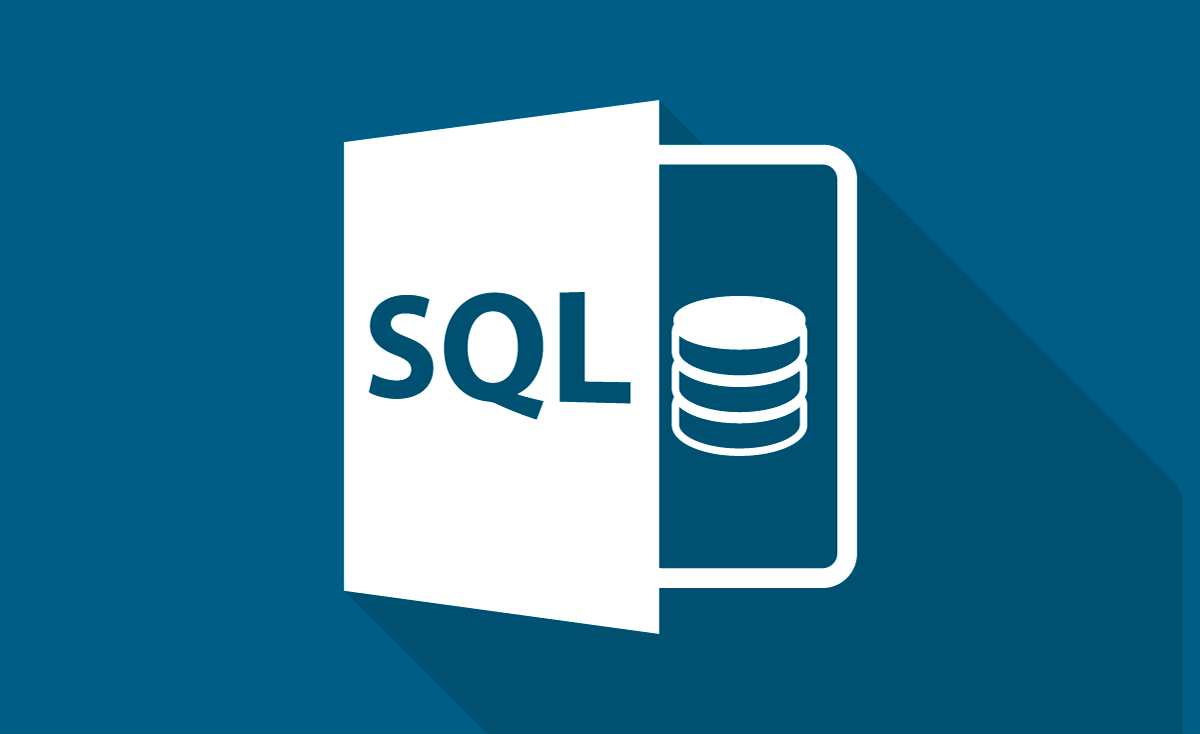In today's data-driven world, ensuring the accuracy and integrity of information is paramount. One common data element that often requires validation is email addresses. In this comprehensive guide, we will explore SQL email verification, covering SQL scripts, regular expressions, and best practices to become an expert in this essential aspect of database management.
Why Email Verification in SQL is Crucial
Before we delve into the intricacies of SQL email verification, let's understand why it's crucial:
Data Integrity: Accurate email verification enhances the integrity of your database by eliminating invalid or malformed email addresses.
Application Logic: Valid email addresses are essential for various applications, including user registration, password recovery, and email notifications.
Compliance: Email verification helps maintain compliance with data protection regulations, such as GDPR, by ensuring that user data is accurate and up to date.
Now, let's explore the methods and best practices for SQL email verification.
SQL Scripts for Email Verification
One of the most straightforward approaches to email verification in SQL is to use SQL scripts. These scripts can check email addresses against specific criteria to determine their validity. Here's a basic SQL script for email verification:
SELECT email
FROM users
WHERE email LIKE '%@%.%'
AND email NOT LIKE '%@%.%@%.%'
AND CHARINDEX(' ', email) = 0;
This script checks for the presence of "@" and ensures that there is only one "@" character in the email address. It also checks for the absence of spaces within the email.
Regular Expressions (Regex) for Email Validation
Regular expressions are powerful tools for SQL email verification. They allow you to define patterns that an email address must match to be considered valid. For example, the following regex pattern validates email addresses:
^[A-Za-z0-9+_.-]+@(.+)$
You can use SQL's REGEXP or LIKE operator with regex patterns to validate email addresses.
Best Practices for SQL Email Verification
Use SQL Scripts Sparingly: While SQL scripts are useful for basic validation, they may not cover all edge cases. Consider combining them with regex patterns for comprehensive verification.
Leverage Regular Expressions: Regex patterns provide flexibility and accuracy in email validation. Customize regex patterns to match your specific validation criteria.
Data Cleansing: Implement data cleansing processes to remove invalid email addresses from your database regularly.
Prevent SQL Injection: Ensure that your SQL email verification process is secure and protected against SQL injection attacks.
Commonly Asked Questions
Q1. What is SQL email verification?
A1. SQL email verification involves checking email addresses stored in a database against specific criteria or regex patterns to ensure their accuracy and validity.
Q2. How can I use SQL scripts for email verification?
A2. You can create SQL scripts that check email addresses in your database against predefined criteria to determine their validity.
Q3. What are regex patterns, and how can I use them for email validation in SQL?
A3. Regex patterns are sequences of characters that define a search pattern. You can use SQL's REGEXP or LIKE operator with regex patterns to validate email addresses.
Q4. Are there any best practices for SQL email verification?
A4. Yes, best practices include combining SQL scripts with regex patterns, leveraging data cleansing processes, and ensuring security against SQL injection.
By mastering SQL email verification, you can maintain data integrity, improve application functionality, and ensure compliance with data protection regulations. Whether you choose SQL scripts, regex patterns, or a combination of both, effective email verification in SQL is a vital component of successful database management.



